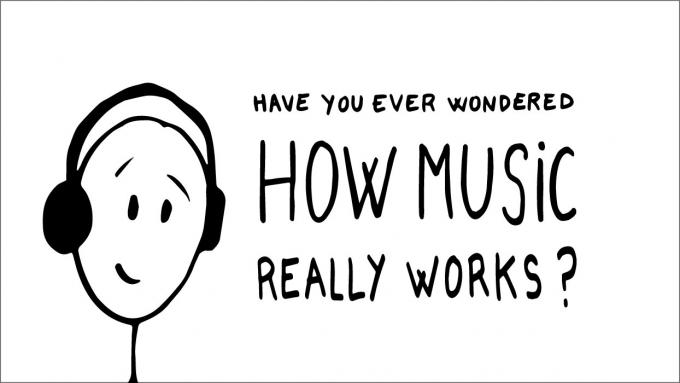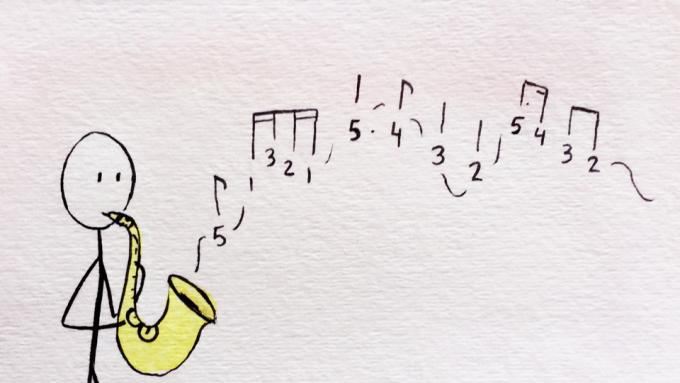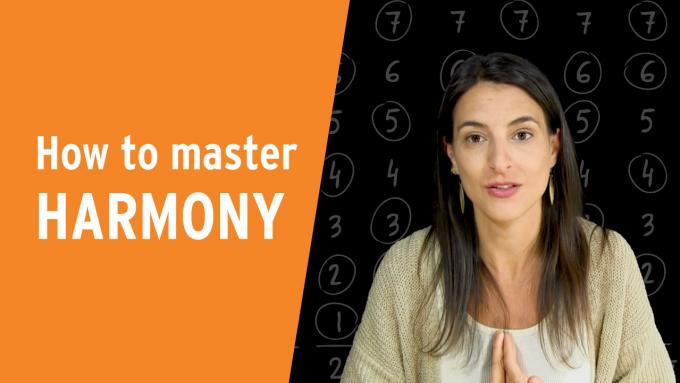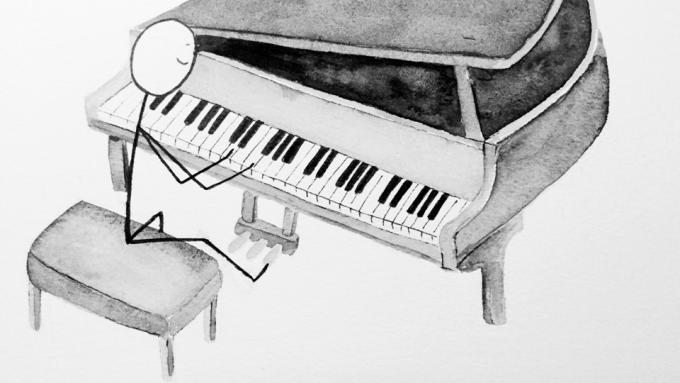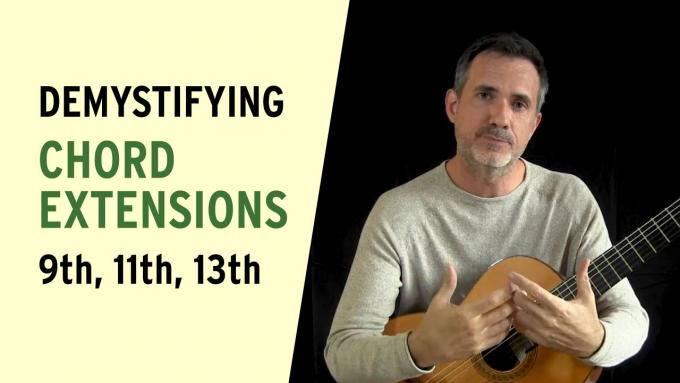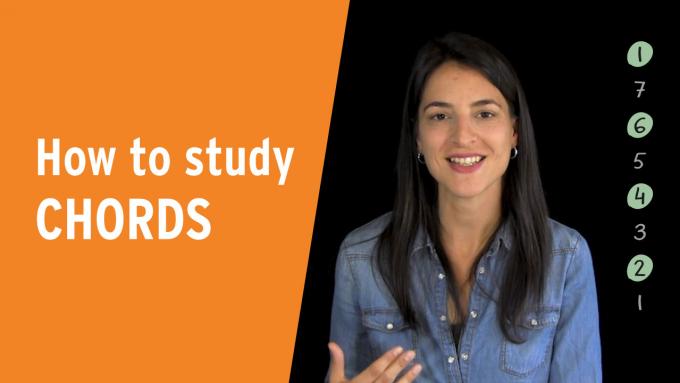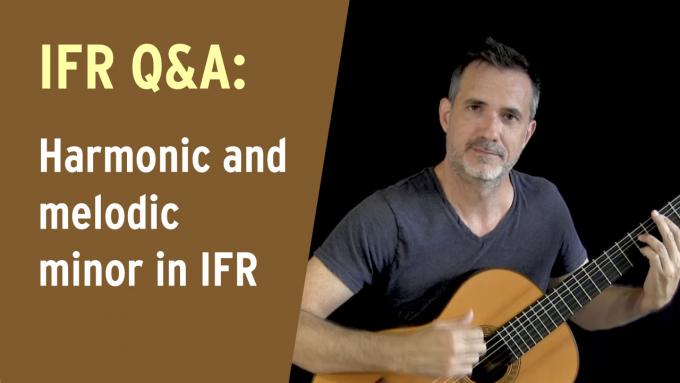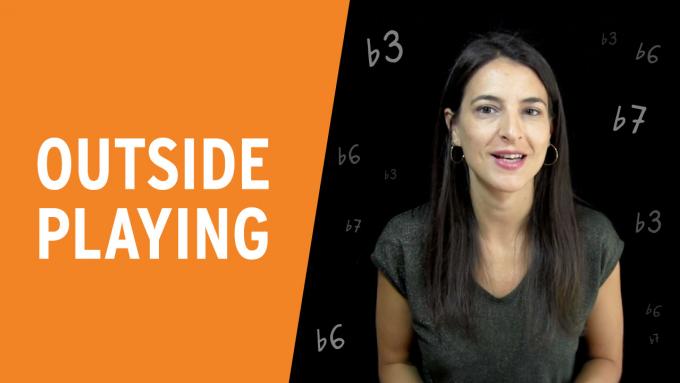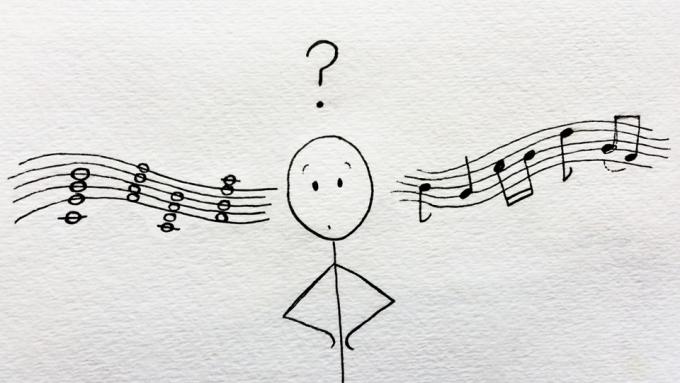This animated video for beginners teaches you the single most important key to understanding how all songs work. Whether your passion is improvising, composing or just playing the songs you love, this insight will help you see songs and chord progressions in a much simpler way.
Learning to think relative to the key of the music is the most important thing you can do to accelerate your music learning. This article explains four immediate benefits to your music practice from adopting the tonal point of view.
In this video I'll teach you an organized system for mastering harmony using our three integrated creative practices: improvising, composing and listening.
You may have heard that you need to understand a lot of music theory in order to improvise. But what if it's the other way around? That might sound confusing at first, but I believe that getting clear about this could potentially save you YEARS of frustration and wasted time.
In this video we will demystify 9th chords, 11th chords and 13th chords and you'll see how simple these chords really are. I'll also try to show you that you are actually already producing these sounds in your music all the time, even if you don't realize it.
In this video I show you a complete system for studying new chords so that you can improvise over them with confidence, use them in your compositions and learn to recognize them by ear in the music of other people.
A student asks whether harmonic minor and melodic minor scales are included in IFR. The answer is an enthusiastic YES and in this video I show you how.
In this video I show you how you can use the exact same sounds that you're studying in Seven Worlds in a different way to create some of the exotic sounds of “outside playing”.
When you're studying the notes of a chord, should you be thinking relative to the key (e.g. "note 1 in the 6 chord")? Or should you be thinking relative to the chord (e.g. "the flatted 3rd of the 6 chord")?
In this video I’ll show you how to use the IFR exercise ‘Melody Paths’ to understand the inner workings of any chord progression so that you can access all of these beautiful sounds in your improvisations.
